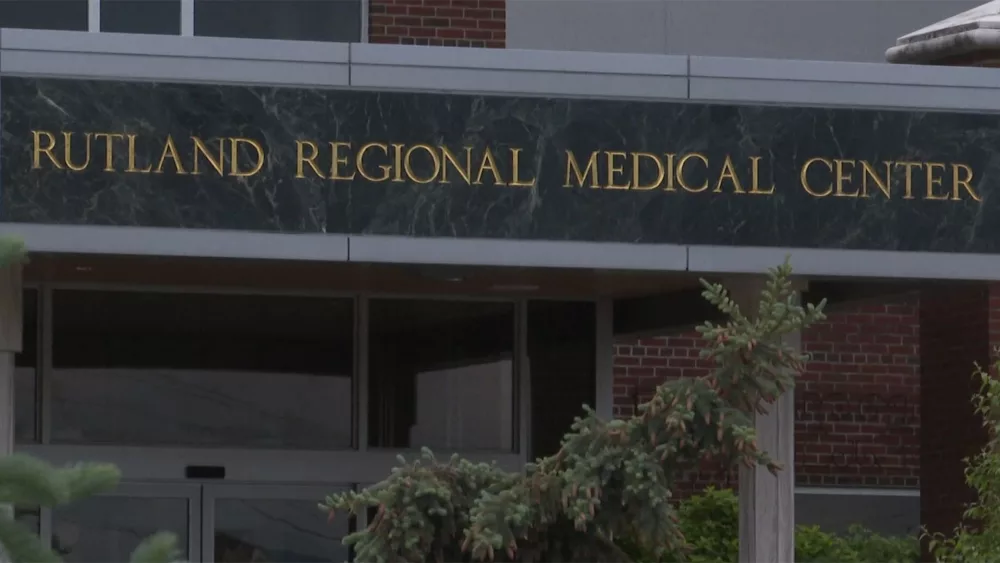RUTLAND, Vt. (WCAX) – More and more healthcare facilities across Vermont are putting a bigger focus on mental healthcare accessibility.
At the Rutland Regional Medical Center, officials are working to divert mental health-related visits away from the emergency department while still getting patients the care they need.
Rutland Regional has already established a telepsychiatry program and mental health text line that work in tandem to reduce the number of mental health visits to the ED. Officials at the hospital say it’s working.
Loree Zeif of Rutland Mental Health Services said, “Statewide we’re moving much more toward trying to meet people where they’re at in the community, I keep them in the community as much as we can.”
For a year, Rutland residents have been texting 802-775-1000 to get mental health support and care. Zeif says there’s been 2,200 texts to the center.
“People who are concerned about other people in the home, maybe overhearing what they’re saying, some domestic violence kinds of things. So that’s been an unanticipated use for it that we’re happy about,” said Zeif.
There are around 3-5 employees responding to the texts during the day and 1 overnight. It’s the same team that answers phone calls for support, which remains the primary way those in need get help.
Zeif said, “We can see people in our offices, and then we can still transfer them to a hospital if they need a higher level of care. But a lot of times we can come up with plans that can keep them safe in the community.”
Dr. Alison Davis, Medical Director of Rutland Regional Medical Center’s emergency department, says there was a decrease in visits for suicidal children and adolescents in 2023 for the first time in a few years. She says the length of stay in the ED decreased too, but she admits it’s hard to say exactly what is relieving this pressure, considering the help of the text line and the telepsychiatry program for kids.
“I think all of those things have an impact in terms of how many patients end up needing to come to the ED, which we really appreciate,” Davis said.
The telepsychiatry program is a partnership with the Brattleboro Retreat, used as a bridge between care. Davis says around 5 to 10 patients a month use the program, and they’re able to form a relationship with the team at Brattleboro as they wait for a bed to open.
“They’re not necessarily getting the sort of treatment that they would on an inpatient unit. And the whole goal of this project was to be able to initiate that level of care while they’re waiting in the emergency department,” she said.
She says the hospital measures the program’s success by the ability to increase the quality of care for patients. At the same time, she says it’s helping increase the capacity of inpatient treatment facilities.
“Patients might be able to go home from the emergency department because they’ve been stabilized. And they have been started on some different treatments, and they’re able to continue that in an outpatient study setting rather than needing an inpatient bed,” Davis said.
You’ve also likely heard of the 988 suicide crisis hotline, another way to triage mental health needs and support callers. If folks reach out to 988, Rutland Mental Health is contacted if the operators think it’s necessary.

